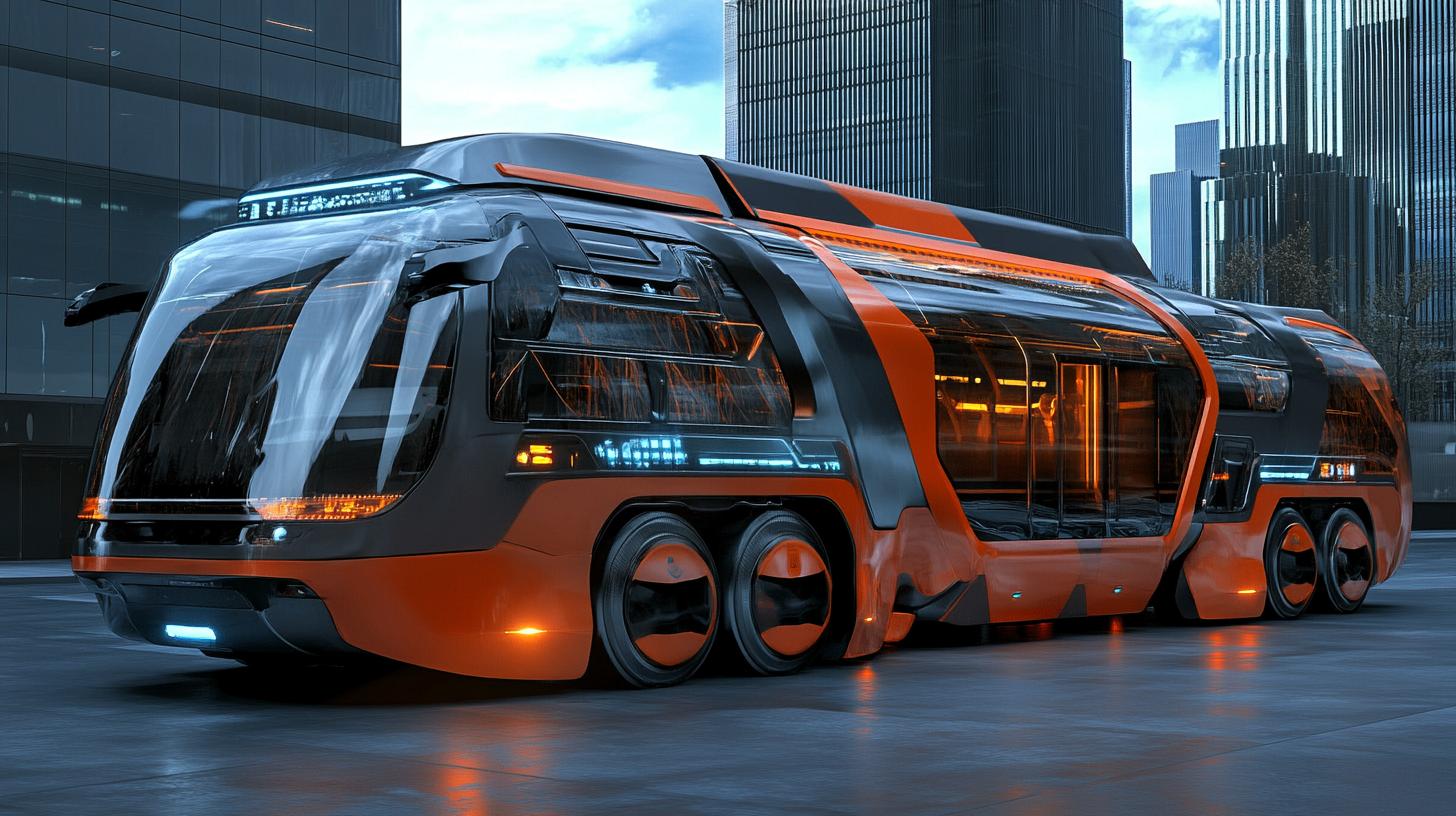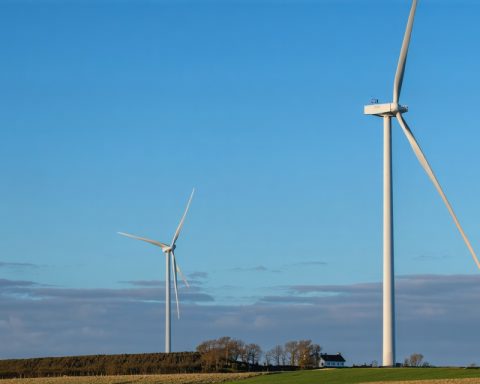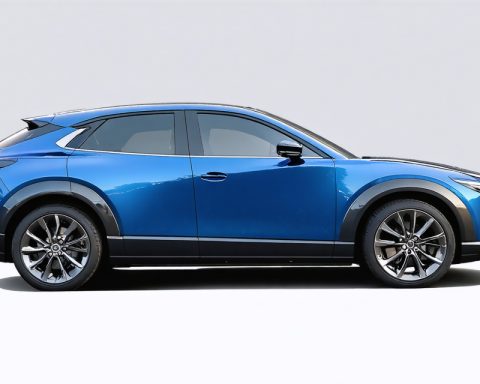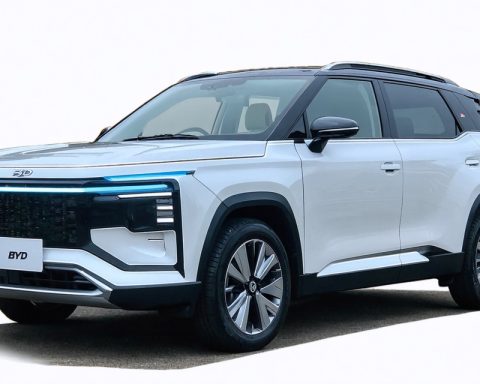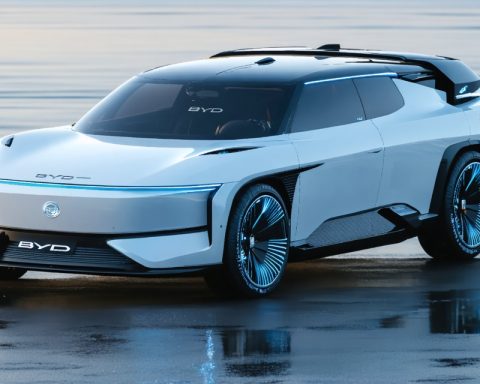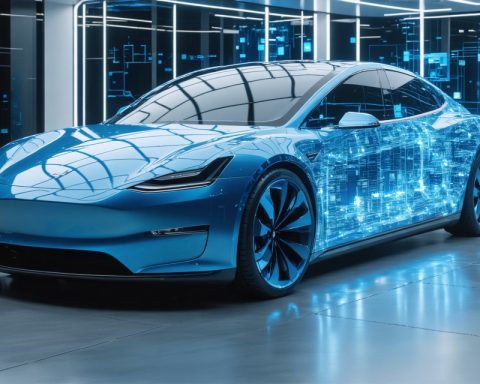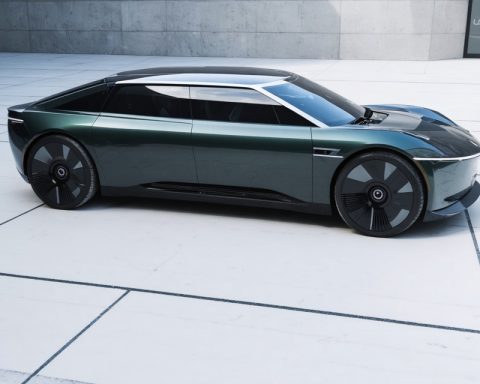In a groundbreaking development, the San Mateo County Transit District is taking significant strides by introducing hydrogen fuel-cell buses into its fleet. This innovative move promises to enhance operational efficiency during emergencies by reducing dependency on electric power infrastructure.
The newly acquired hydrogen-powered buses, crafted by New Flyer, bring a new dimension to public transportation reliability. The ability to operate independently of the electric grid means that these buses can remain operational even when traditional power sources fail. During crises such as natural disasters, uninterrupted transportation can be crucial, and these fuel-cell buses are set to become lifelines in such scenarios.
One of the standout features of these hydrogen buses is their capacity to generate their own electricity, which not only makes them a sustainable option but also a highly resilient one. This attribute significantly contributes to the transit district’s effort to ensure consistent service, regardless of external conditions.
While the focus on sustainability remains paramount, the introduction of these buses also aligns with broader goals of reducing environmental impact. Hydrogen fuel-cell technology emits only water vapor, making these buses an eco-friendly alternative to diesel-powered counterparts.
The rollout of these buses marks a pivotal moment for San Mateo County’s public transit future. By embracing innovative technologies, the district not only propels itself towards a more sustainable future but also sets a precedent for other transit systems to follow. As cities worldwide grapple with climate change and unpredictable infrastructure challenges, this initiative provides a promising blueprint for resilient and green urban mobility.
Could Hydrogen Fuel-Cell Buses Transform Urban Mobility Across the Globe?
The recent introduction of hydrogen fuel-cell buses by the San Mateo County Transit District is more than just a local advancement; it triggers a series of intriguing questions and possibilities with global implications for urban transit systems. These buses, which operate independently of the electric power grid, offer opportunities and challenges that could redefine how cities approach public transportation.
How Does Hydrogen Fuel-Cell Technology Impact Urban Life?
The potential of hydrogen fuel-cell technology extends well beyond San Mateo County. With transportation systems being keystones of urban infrastructure, the ability to keep buses operational during power outages or natural disasters addresses a critical need for urban resilience. In regions susceptible to hurricanes, earthquakes, or other natural calamities, maintaining a functional public transit system can be the difference between chaos and order, ensuring that residents can evacuate, commute, and access emergency services safely.
Economic and Social Considerations
While hydrogen buses emit only water vapor, reducing environmental impact, they also usher in economic and social questions. Production and distribution of hydrogen as a fuel are still costly, and the infrastructure for this clean energy source is not yet fully developed in many areas. Does this mean only affluent regions will be able to adopt such technologies in the near term, potentially exacerbating global disparities in public transit quality?
Moreover, as these buses become operational, the demand for skilled labor to manage and maintain hydrogen fueling stations and vehicles will increase, potentially creating new job opportunities. However, will this also lead to displacement of jobs in conventional diesel and electric vehicle sectors?
Interesting Facts and Controversies Surrounding Hydrogen Buses
Did you know that hydrogen fuel-cell technology has been around for decades? Its wider application in transit systems is relatively recent due to previous high costs and technological hurdles. However, the environmental benefits are undeniable. The production of green hydrogen, made using renewable energy sources, closes the sustainability loop, potentially making the entire lifecycle of these buses environmentally friendly.
Controversies arise regarding the origin of hydrogen fuel. A significant portion of hydrogen production is still derived from natural gas, a fossil fuel. Does this contradict the eco-friendly promise of hydrogen buses?
Are Hydrogen Buses the Future of Urban Mobility?
Interrogating the bigger picture, one must ask whether hydrogen buses are the ultimate answer for clean and resilient city transport. How do they compare to electric buses, already gaining traction (pun intended) in cities worldwide?
The future may see a hybrid of solutions, with hydrogen and electric buses complementing each other depending on regional resources and infrastructure capabilities. The debate remains: should investment focus more on improving battery technologies, or should efforts pivot towards building a stronger hydrogen economy?
Conclusively, the shift towards hydrogen fuel-cell buses could potentially revolutionize urban transit, promoting greener cities while offering a roadmap for resilience. Nevertheless, challenges surrounding infrastructure, cost, and energy sources need addressing. The outcome of this innovation will doubtlessly be watched closely by city planners and environmentalists worldwide.
For more information on transportation advancements and their impacts, visit the websites of global organizations like the International Energy Agency (IEA) and the United Nations (UN).
